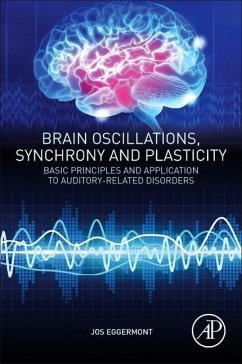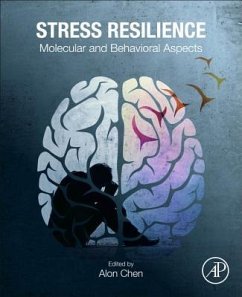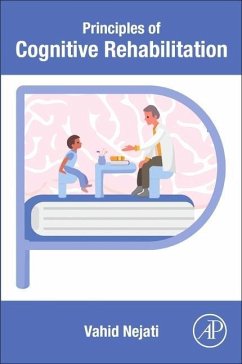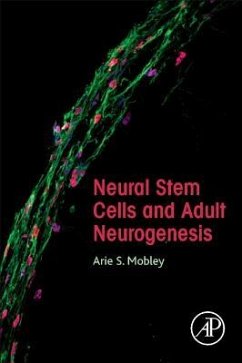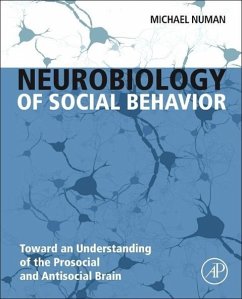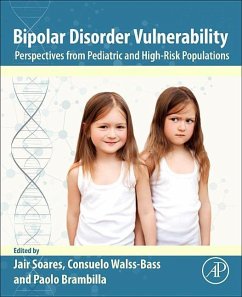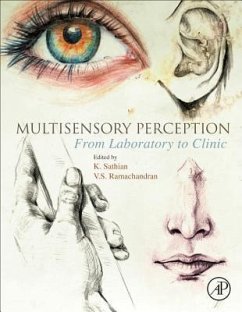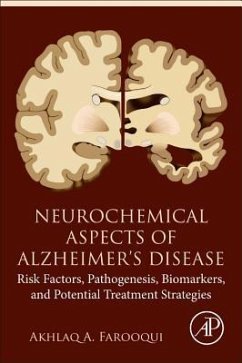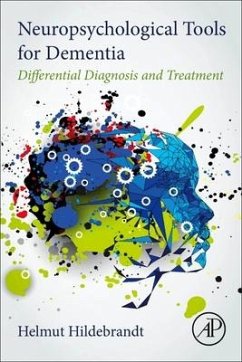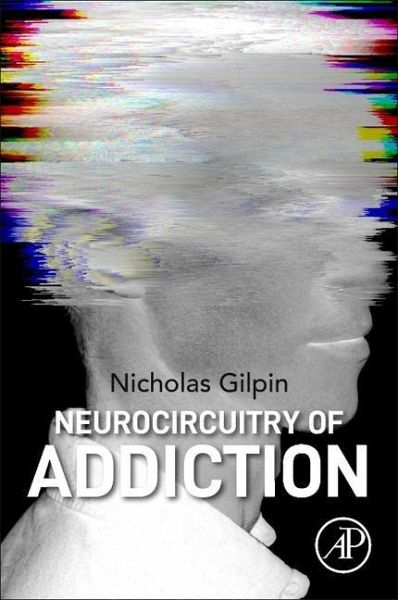
Neurocircuitry of Addiction

PAYBACK Punkte
51 °P sammeln!
People use drugs for many different reasons, including the pursuit of "high," social factors and self-medication of other conditions. Many millions of people are addicted to at least one substance, and the cost of addiction is immense, at both the individual and societal levels. Neurocircuitry of Addiction is the first book of its kind, with a focus on addiction neuroscience from a neural circuit perspective. This book begins with a primer on circuit-based neuroscience that equips the reader with an understanding of the applications described throughout the book. Each subsequent chapter positi...
People use drugs for many different reasons, including the pursuit of "high," social factors and self-medication of other conditions. Many millions of people are addicted to at least one substance, and the cost of addiction is immense, at both the individual and societal levels. Neurocircuitry of Addiction is the first book of its kind, with a focus on addiction neuroscience from a neural circuit perspective. This book begins with a primer on circuit-based neuroscience that equips the reader with an understanding of the applications described throughout the book. Each subsequent chapter positions a different brain region at the "center" of addiction neurocircuitry and goes on to describe the anatomical connectivity of that brain region, how those circuits are affected by drug exposure, and the role of those circuits in controlling addiction-related behaviors. All chapters of this book are written by content experts for a target audience that has some basic neuroscience background, but no prior in-depth knowledge regarding the neurocircuitry of addiction.




